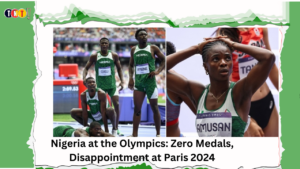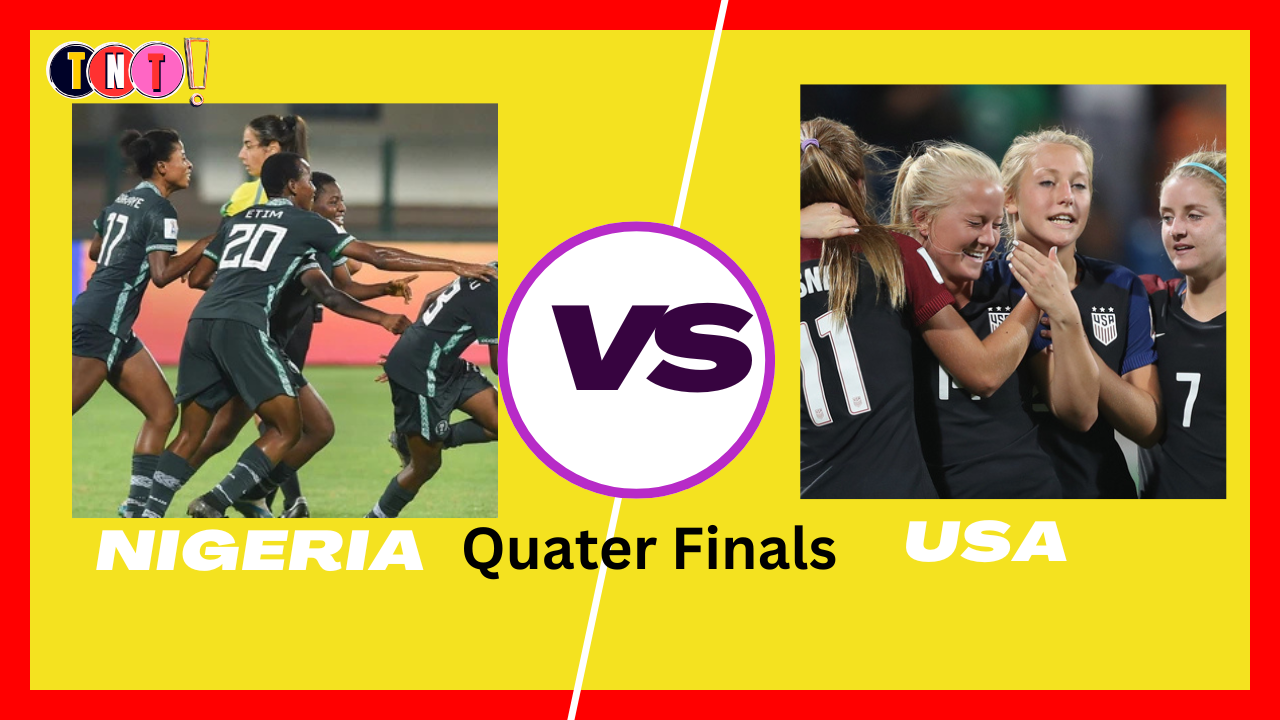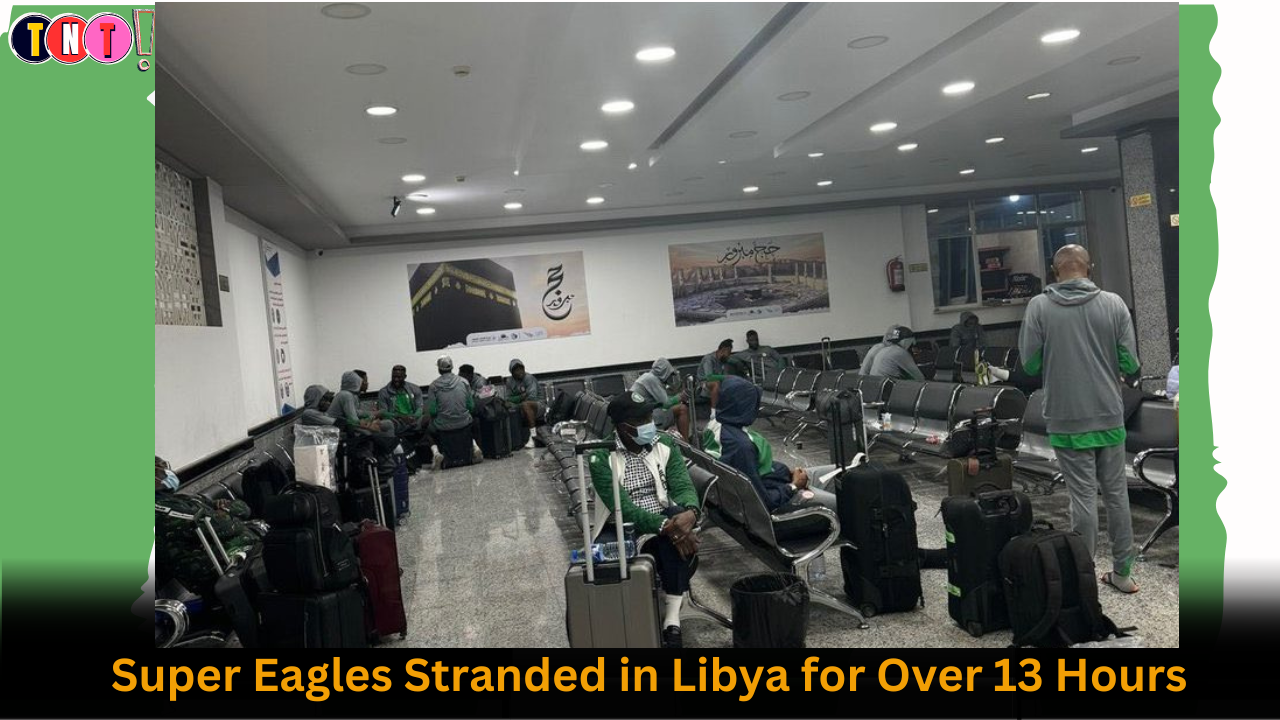The Paris 2024 Olympics was supposed to be a golden opportunity for Nigeria to reaffirm its dominance on the world stage. Instead, the country returned home empty-handed, its medal hopes dashed, and its pride bruised. For a nation with a rich sporting legacy, this zero-medal outcome is nothing short of a national embarrassment, leaving fans and critics alike asking: What the hell went wrong?

The Weight of Expectations
Nigeria, the most populous country in Africa, has a history of Olympic triumphs, including its iconic gold medal in football at the Atlanta 1996 Olympics. The country has produced world-class athletes in track and field, boxing, and football, leading to high expectations for the Paris 2024 Games.
From the outset, the signs were troubling. Nigeria’s athletes, who were once feared on the track, struggled to make it past the early rounds. Long jumper Ese Brume, hurdler Tobi Amusan, and the football team, once the darlings of the continent, found themselves outclassed and outpaced. The failure in Paris left many wondering if the glory days of Nigerian sports were officially over.
The Blame Game Begins
When a proud sporting nation like Nigeria flops so spectacularly, the knives come out. The blame game has been in full swing since the closing ceremony. But where does the fault really lie?
- Chronic Underfunding and Neglect: Let’s not sugarcoat it—Nigeria has long neglected its athletes. Despite the passion for sports in the country, funding remains abysmally low. Training facilities are outdated, athletes lack proper nutrition and medical care, and many are forced to fund their own training. How can they compete on the world stage when they can barely scrape together the resources to train?
- Corruption and Mismanagement: The rot in sports administration is no secret. In Nigeria, sports officials are often more concerned with lining their pockets than with the welfare of athletes. Mismanagement, infighting, and corruption have become the norm. It’s no wonder that athletes are underprepared and demoralized when their leadership is more interested in personal gain than in national pride.
- Global Competition on Steroids: The world isn’t waiting for Nigeria to get its act together. Countries across the globe are investing heavily in sports, using the latest technologies, coaching techniques, and sports science to give their athletes an edge. Meanwhile, Nigeria is stuck in the past, relying on raw talent alone, which is no longer enough.
- Athlete Exodus: Many of the best and brightest athletes from Nigeria are opting to represent other nations, especially in Europe and the United States, where they receive better support and recognition. The brain drain in sports is real, and it’s leaving Nigeria with a talent pool that’s shallow and underdeveloped.
Can Nigeria Bounce Back?
The question on everyone’s mind is whether Nigeria can bounce back from this Olympic disaster. The answer is yes, but only if the nation is willing to face some hard truths and make serious changes.
- Money Talks: It’s time for the government to put its money where its mouth is. Significant investment in sports infrastructure, training facilities, and athlete development is non-negotiable. Without it, the cycle of failure will continue.
- Clean House: Corruption and mismanagement are killing sports in Nigeria. A complete overhaul of the sports administration, with transparent processes and accountability, is essential. Bring in professionals who care about the athletes and the nation’s pride, not just their bank accounts.
- Embrace the New Era: Sports have evolved, and so must Nigeria. Embrace sports science, hire top-tier international coaches, and use data and technology to optimize performance. This isn’t just about catching up; it’s about setting new standards.
- Nurture Homegrown Talent: Invest in grassroots sports programs to identify and nurture young talent from an early age. Create a pipeline that supports athletes from their first race to the Olympic podium. Stop relying on natural talent alone—develop it.
- National Pride Over Personal Gain: Athletes need to feel that they are valued and supported by their country. Create an environment where representing Nigeria is the ultimate honor, not a burden. Patriotism needs to be reignited, both in the athletes and the administration.
Conclusion
The Paris 2024 Olympics have been a wake-up call for Nigeria. The failure in Paris shouldn’t just be a moment of national shame; it should be a catalyst for change. With the right investments, leadership, and mindset, Nigeria can reclaim its spot on the Olympic podium. But make no mistake—if the current path continues, the only medals the country will be collecting are those of frustration and regret. The time to act is now, or risk being left in the dust, not just by the world, but by its own unrealized potential.



